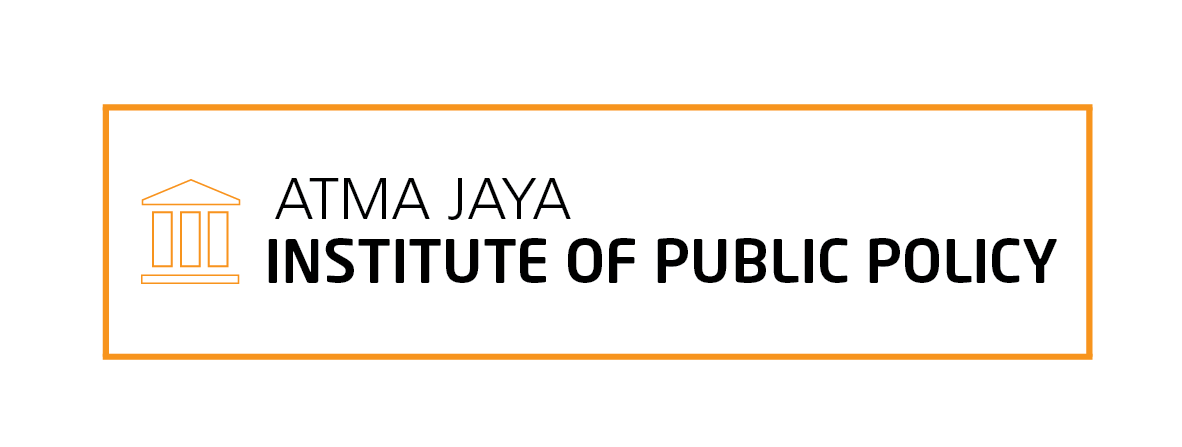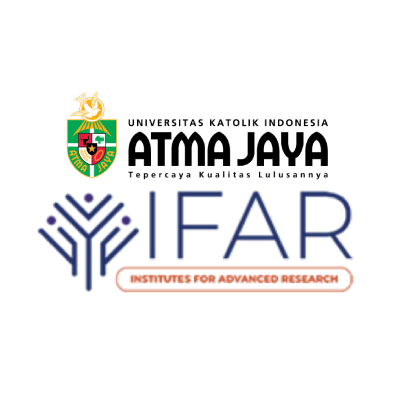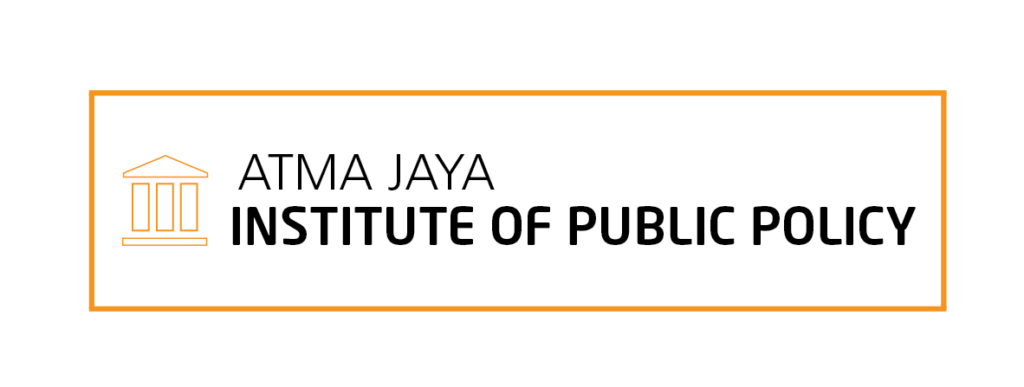This study examines the impact of mining industries on women’s political participation in Indonesia. Mining regions, often characterized by male-dominated labor structures and economic dependency on extractive industries, create socio-political barriers that limit women’s engagement in formal politics and decision-making processes. This research investigates how the presence of mining activities influences women’s political agency, leadership opportunities, and representation in local governance. Using a mixed-methods approach, the study analyzes national-level electoral data to compare women’s political participation in mining and non-mining districts. Additionally, qualitative case studies from selected mining regions explore the socio-economic and institutional constraints faced by women in pursuing political roles. Key factors examined include patriarchal norms, economic reliance on extractive industries, environmental activism, and policy frameworks that either enable or restrict women’s political involvement. The results indicate that while mining regions present significant structural barriers to women’s political participation, they also serve as spaces for emerging grassroots mobilization, particularly in environmental advocacy and community governance. This research contributes to the broader discourse on gender and resource politics by providing policy recommendations to enhance women’s representation in extractive economies.



